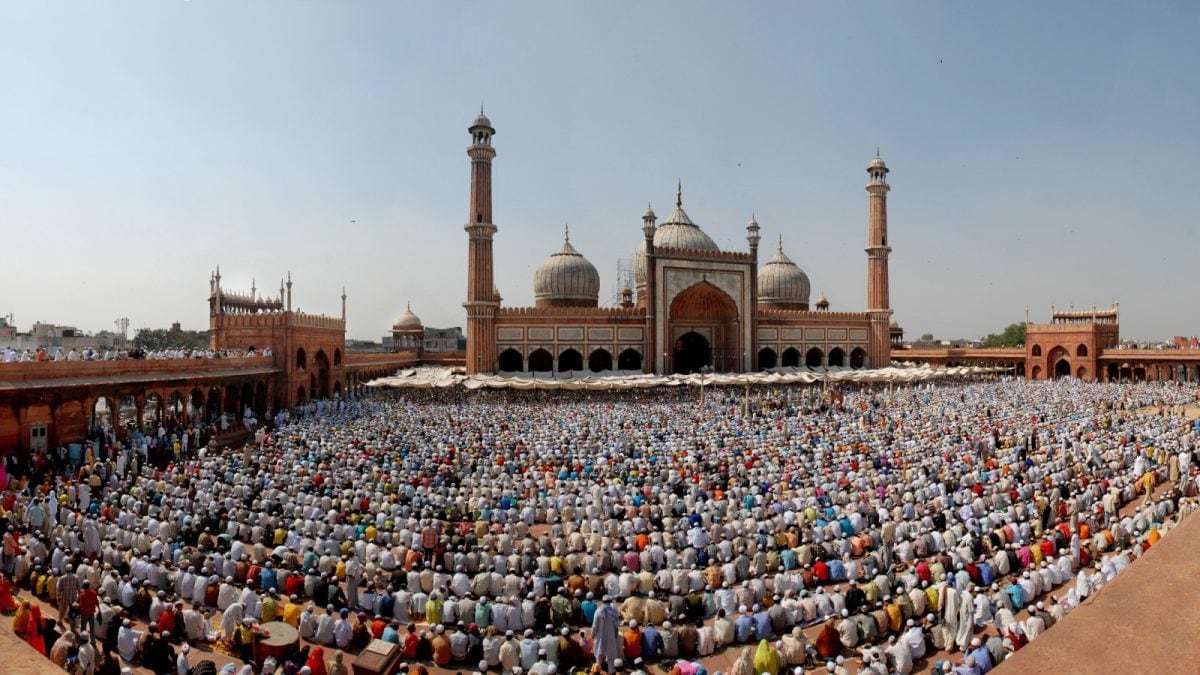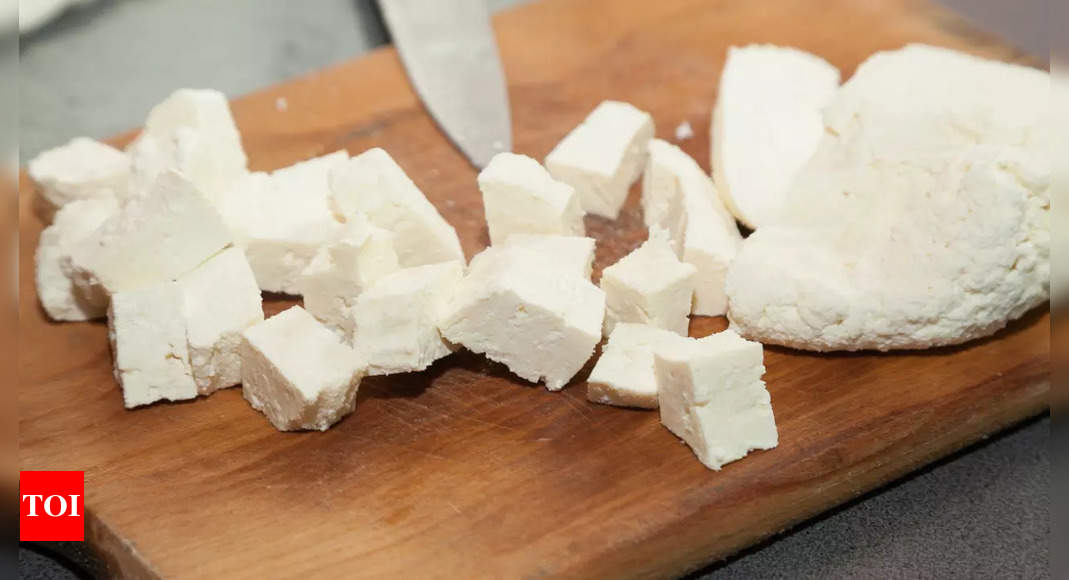
Eid Al-Fitr Vs Eid Al-Adha: Differences, Significance And How Both Eids Are Celebrated – News18
Last Updated:
Eid al-Fitr ends Ramadan with prayers and feasts, while Eid al-Adha honours Prophet Ibrahim’s devotion with ritual sacrifices. Both are major Islamic celebrations.
Eid al-Fitr and Eid al-Adha are the two biggest celebrations in Islam. (Image: Shutterstock)
Eid 2025: Two joyous occasions, with two distinct meanings. Eid al-Fitr and Eid al-Adha are the two biggest celebrations in Islam. Both are called ‘Eid,’ but their significance, timing and traditions set them apart. While the festivities may share common rituals, their origins tell two very different stories.
Though both Eids are deeply spiritual and celebrated with great enthusiasm, one marks the end of a month of fasting, while the other signifies sacrifice and devotion. As the world prepares for Eid al-Fitr, expected to fall on 31st March or 1st April this year, let’s dive into what makes these two Eids unique.
Eid al-Fitr
Eid al-Fitr, often referred to as the ‘festival of breaking the fast,’ is the first of the two. It arrives with the sighting of the new moon, marking the end of the holy month of Ramadan.
During Ramadan, Muslims fast from dawn to dusk, dedicating themselves to prayer, self-discipline, and acts of charity known as Zakat. When Eid al-Fitr arrives, it’s a time of joy and gratitude.
The celebrations typically last for three days, filled with prayers, gatherings and of course, delicious food.
On this special occasion, people wake up early, perform the Eid prayer, and seek blessings. Dressed in new clothes, they visit family and friends, exchanging warm wishes and gifts.
A delightful sweet dish, sawaiyan (vermicelli pudding), is prepared and shared among loved ones. It’s not just about indulging in food; generosity is a key part of the celebration.
Elders give gifts to children, and a portion of their wealth is donated to those in need, ensuring everyone can partake in the festivities.
Eid al-Adha
Eid al-Adha arrives two months later, on the 10th day of Dhu al-Hijjah. Known as the ‘feast of sacrifice,’ it honours the faith of Prophet Ibrahim – called Abraham in Hebrew texts – who was willing to sacrifice his son to prove his devotion to God.
To commemorate this act of obedience, Muslims across the world perform Qurbani, the ritual sacrifice of a lamb, goat, or another permissible animal. The meat is then divided into three parts—one for the family, one for relatives and friends, and one for those less fortunate.
Eid al-Adha is also closely tied to the Hajj pilgrimage. Every year, millions of Muslims travel to Mecca in Saudi Arabia to complete this sacred journey to the Kaaba. It is believed that once a pilgrim successfully performs Hajj, their sins are washed away, and they earn the honourable title of Hajji.










